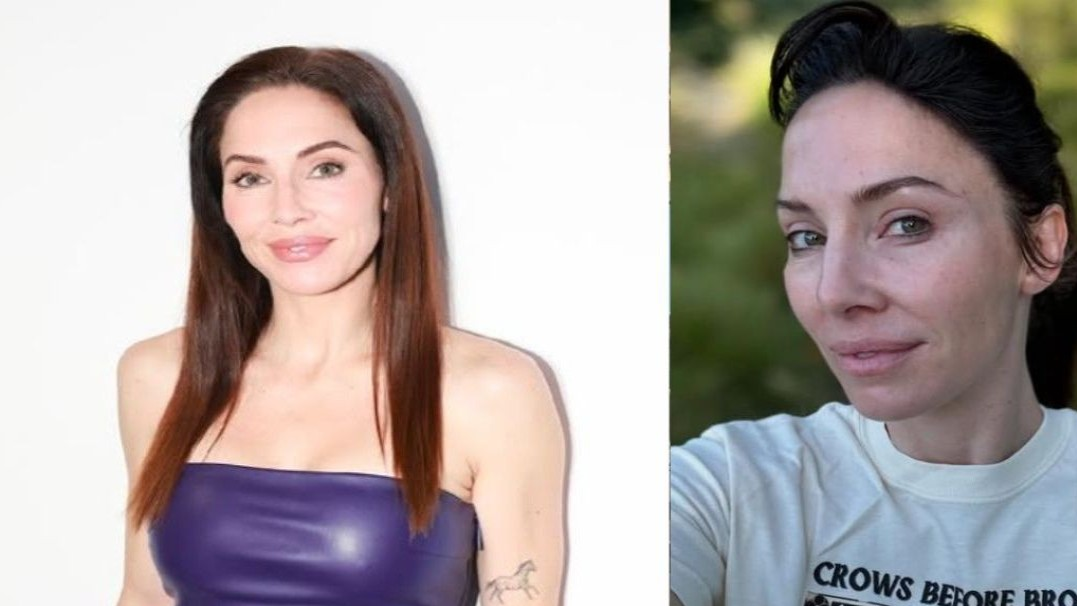Whitney Cummings isn’t afraid to talk about the toughest experiences she had to go through and also to credit the people who have helped her go through those. Similarly, the comedian and actress talked about her postpartum depression and the person who assisted her through it, who was none other than Drew Barrymore.
Cummings appeared on Barrymore’s talk show on January 16, Thursday. During the visit, she revealed that she was in the “deep throes of postpartum depression” when she was asked to make an appearance on the Hollywood Squares with The Wedding Singer actress.
She revealed that after she discovered that Barrymore would also be featured in the show, she made the decision to appear in the episode, which, according to her, “snapped” her out of it and also assisted her so much.
Cummins shared that she “needed” to witness other mothers “working or having fun,” and that was such a huge moment that healed her. The Female Brain star shared, “I think I was just putting so much pressure on myself and that really helped me just like release it.”
Cummins expressed that she was aware that even if she messed up, they’d make it hilarious and they’d figure that out, adding that she was “safe enough” to be able to feel like she could do that and if she couldn’t do that, then that was also okay.
The comedian revealed that she realized how much she defined herself through her “ability to make people laugh or be smart or say the thing in the moment or remember the thing the fastest, and my brain was not working.” Cummings confessed that she was terrified.
Barrymore, who shares two daughters, Olive and Frankie, with her ex-spouse, Will Kopelman, shared about how she experienced postpartum. The veteran actress revealed that she experienced isolation and did not know what happened with her “chemically.”
Barrymore expressed, “I felt so confused in the most profound and beautiful ways after I had my kids,” adding that she did not know “who” she was supposed to be and so she “did not know how to work.”
The performer mentioned feeling like not being able to “relate” to her friends in a similar way anymore.
